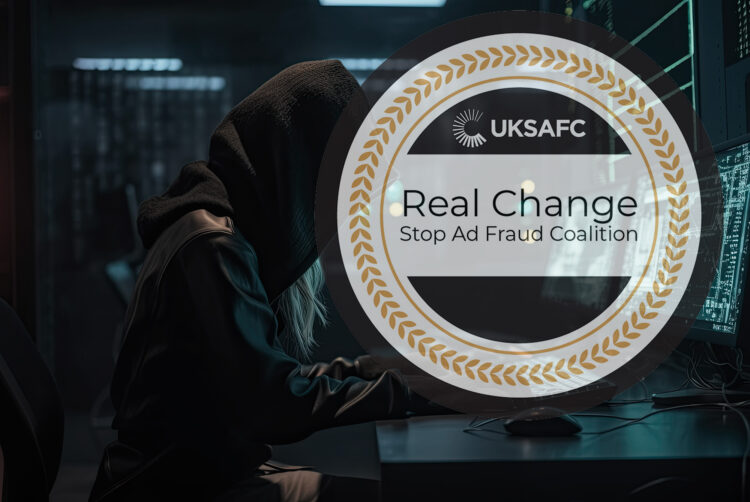Opinion
The UK Stop Ad Fraud Coalition, which launched six months ago, is calling on digital advertisers and media owners to finally take steps to minimise and eliminate criminal and wasteful behaviour by bad actors.
Dear digital advertising industry
We became involved with the UKSAFC because it offers a real opportunity to fix ad funded crime. We all know it’s an issue – after all, we’ve talked endlessly about it for years. But we haven’t addressed the issue, and we must.
Ad fraud takes tens of billions from legitimate businesses, is an organised criminal enterprise and is too easy to undertake. The World Federation of Advertisers has predicted that, by 2025, ad fraud might become second only to the drug trade for organised crime in terms of the volume of money pouring into the hands of criminals. So how can we as an industry turn a blind eye to this when it’s destroying industry value?
For too long, we’ve hidden behind tick-box thinking, hoping it would go away. Technology in place to overcome it? Tick. Procedures set up to show we’re committed to tackling it? Tick. But it’s not working.
Technology is still failing to protect businesses against fraudulent impressions or ads appearing in environments such as on pirate domains. If the current approach is broken, what can we do? Well, this was the starting point for the UKSAFC.org. So what have we been focusing on these last six months since we were set up?
Firstly, we’ve brought together the great and the good from across the industry – brands, agencies, publishers, industry trade bodies and tech companies. These like-minded people are committed to action and developing better approaches and solutions. They’ve created new best practice guidelines to engender progress, alongside new transparency and audit documents. We’ve also been focusing on accountability — to challenge the industry to reduce its reliance on dashboards and accept responsibility for who has approved the final media selection.
Finally, we’re committed to transparency and making sure that buyers can see who is paid from their budgets. We want advertisers to ask their partners critical questions: are my ads appearing where they should? Are the processes in place doing what they should do? Are brand safety tools providing proper protection? And am I getting what I expect and pay for?
Critically, we’re doing this alongside policymakers, and we have influential political support backing this fight for change. But we can’t do it alone.
Central to everything is collective action. Not finger-pointing or calling companies out, but coming together as an industry and doing what’s needed to make that difference.
We’ve laid the foundations, making it easy to follow. Now we need your help to rally around the cause and start building on what we’ve done. Only through engagement, adoption and a concerted effort will we see a real difference.
Yes, the issue around ad fraud is complex. But the decision to address it and make a difference or do nothing and allow it to continue is a simple yes or no. So don’t accept the status quo. Recognise there’s a way through this issue collectively, and together let’s build a safer online environment, a better industry and a better society.
From all the members of UKSAFC.org, we are calling on the industry to join us and commit to change. Real change.
Signed by:
Julia Linehan, CEO, The Digital Voice
Gareth Owen, CCO, Tickle Global
Chris Morgan, CEO, Map.io
Rob Webster, Global VP Strategy, CvE
Ian Moss, spokesperson, UKSAFC.org
Eddy Leviten, COO, Fact Worldwide
Allie Wootton, group lead, Anti-Piracy Advertising and Payment Strategy, Sky
James Welch, adtech advisor, formerly of Omnicom Media Group
Jon Walsh, co-founder, JobsInAdtech.com
Dora Michail-Clendinnen, chief strategy officer, Ozone




